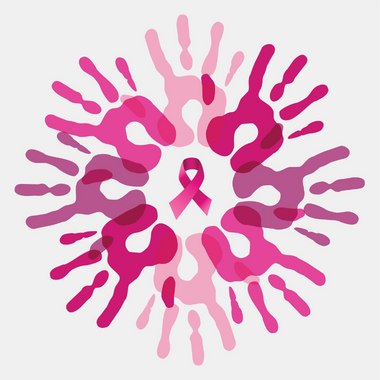Clinical Practice & TreatmentCancer DiagnosticsCare CoordinationEHR Integration for Biomarker TestingQuality Improvement Collaboration: Integration of Precision Medicine in Community OncologyTreatment
Financial NavigationFAN Boot CampFinancial Advocacy Network (FAN) Resource LibraryPatient Assistance & Reimbursement GuidePrior Authorization
Health Equity & Access3, 2, 1, Go! Practical Solutions for Addressing Cancer Care DisparitiesAppalachian Community Cancer AllianceOncology Advanced PractitionersPersonalizing Care for Patients of All BackgroundsSocial Drivers of Health
Patient-Centered CareAddressing Care Disparities for VeteransAdolescent and Young Adult (AYA)Care Action Plans for People with CancerDermatologic ToxicitiesEmpowering CaregiversGeriatric OncologyHealth LiteracyNutritionOncology PharmacyPatient NavigationPsychosocial Care in OncologyShared Decision-MakingSupportive CareSurvivorship Care
Practice Management & OperationsCancer Program FundamentalsLeadership Sustainment and Engagement VideosOncology Practice Transformation and Integration CenterOncology Team Resiliency
Technology & InnovationTelehealth & Digital Medicine







![[Abstract] Evaluating Disparities in Access to Quality Cancer Care for Black Women with Triple-Negative Breast Cancer in the US: A Provider Perspective](https://cdn.sanity.io/images/0vv8moc6/accc-cancer/9f03a8abe6969356ac6056e226bac4b25e18d743-500x250.jpg)
![[Abstract 11040] A collaborative, peer-based experience to support meaningful professional development in the evolving standards of care for HER2+ metastatic breast cancer](https://cdn.sanity.io/images/0vv8moc6/accc-cancer/9e04b4c8caada6ddcc3d185d952bc1385c5d784a-500x375.jpg)